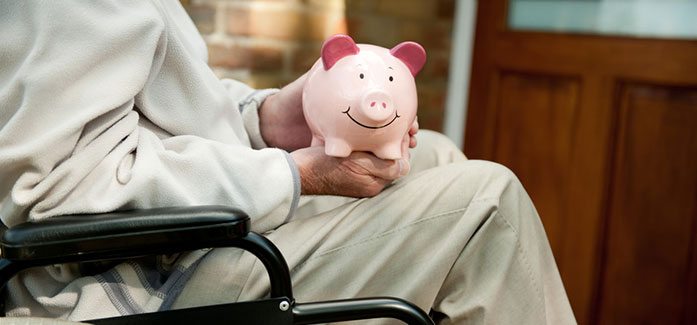Many disabled individuals in the U.S. receive public benefits from programs that place restrictions on the dollar amount (typically $2,000) of assets a recipient can own. Medicaid and SSI are two examples.
Federal and state law allow the establishment of certain trusts, such as special needs trusts and pooled trusts, to benefit the disabled without affecting their eligibility for benefits. This type of trust is not limited in dollar amount.
Now disabled Pennsylvanians will have another tool to assist them financially – a private savings account authorized by the Achieving a Better Life Experience Act, known as ABLE for short. Last week, Pennsylvania Governor Tom Wolf signed legislation authorizing the creation of ABLE accounts in this state.
The law will allow accounts to be funded with up to $14,000 per year, which can grow tax-free. Participants can make tax-free withdrawals from ABLE accounts to pay for qualified disability expenses.
The law directs the Pennsylvania Treasury Department to create the mechanism for disabled Pennsylvanians to create their own ABLE accounts, and to administer the program, as the department currently does for 529 accounts used to fund education of a family member.
According to the Governor’s office, the current goal is to have the program ready for people to create accounts by the fourth quarter of 2016.
Click here for a link to read about the various features of Pennsylvania ABLE accounts.
If you need advice about using an ABLE account, special needs trust, or other strategy to aid the disabled, consult an attorney experienced in working with programs for the disabled. You can call Sykes Elder Law to discuss your situation.





